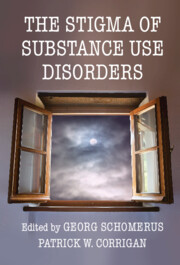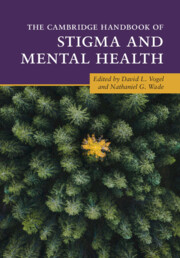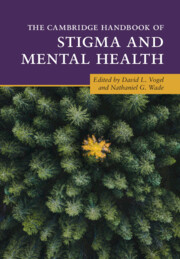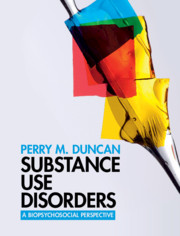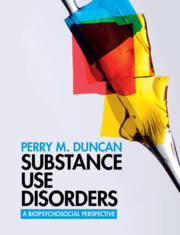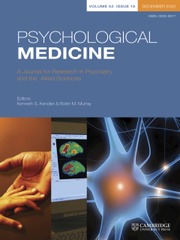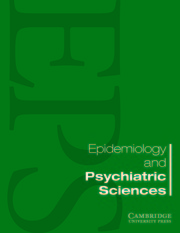The Stigma of Substance Use Disorders
Stigma and discrimination of people with substance use disorders (SUD) contribute massively to the harm done by their condition: stigma has negative effects on service engagement, life opportunities, and personal shame, both for those who struggle with substance abuse and their families. Overcoming the stigma of substance use disorders is essential to aid recovery in those with SUD. This book provides an in-depth understanding of the stigma of SUD, and proposes ways to overcome it in different settings from the criminal justice system to healthcare. Combining a multitude of viewpoints within a consistent theoretical framework, this book both summarizes the latest evidence and gives hands-on advice and future directions on how to combat the stigma of SUD. People with lived experience of SUD, advocates, family members, policy makers, providers and researchers in the field of addiction stigma will greatly benefit from reading this book.
- Takes a global approach to the problem of substance-use disorders
- Enables readers to understand stigma from a theoretical as well as a real-world point of view
- Provides perspectives from researchers from various disciplines and from people with lived experience
Reviews & endorsements
‘Although those afflicted are at high risk of being discriminated against, substance use disorders have been neglected by stigma research for far too long. It is to the editors’ credit that they have gathered an impressive group of scholars and people with lived experience, who provide a broad and in-depth analysis of substance use stigma, and how to overcome it.’ Matthias C. Angermeyer, Emeritus Professor of Psychiatry, University of Leipzig, Germany
‘Schomerus and Corrigan’s new book provides a comprehensive, deeply thoughtful, consideration of stigma as it applies to substance use disorders. Its central point is that, rather than controlling substance use through shame and punishment, stigma represents an enormous impediment, blocking wise policy and impeding recovery.’ Bruce Link, Distinguished Professor of Sociology and Public Policy, University of California, Riverside, USA
‘This may be the one of the most salient descriptions of stigma that I have ever read. From the individual depths of self-stigma to the crushing weight and oppression of structural stigma, the authors wield a clear grasp of corrosive nature of societal response to the challenge presented by substance use disorder. Protest, contact, and education are strategies that make good, common sense, and are tenets that any recovery insurgent could live by.’ Philip Rutherford, Chief Operating Officer at Faces & Voices of Recovery, USA
Product details
June 2022Hardback
9781108838016
300 pages
234 × 157 × 19 mm
0.6kg
Available
Table of Contents
- 1. Understanding the stigma of substance use disorders
- 2. My experience with the stigma of substance use
- 3. Substance use stigma and policy
- 4. Experiences of stigma and criminal in/justice among people who use substances
- 5. Substance use disorders, stigma, and ethics
- 6. Intersectional stigma in substance use disorders
- 7. International perspectives on stigma towards people with substance use disorders 8. Using community-based participatory research to address the stigma of substance use disorder
- 9. Three competing agendas of addressing stigma of substance use disorder
- 10. The benefits of disclosure
- 11. The role of peers in SUD stigma change: a personal perspective
- 12. The role of media reporting for substance use stigma
- 13. Reducing substance use stigma in health care
- 14. Final considerations and future directions for erasing the stigma of substance use disorders.

